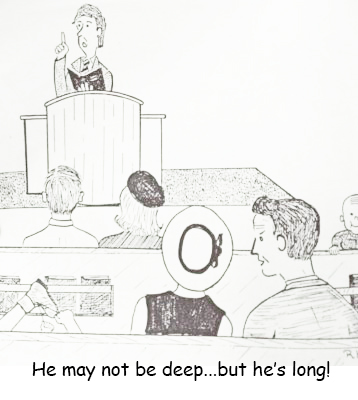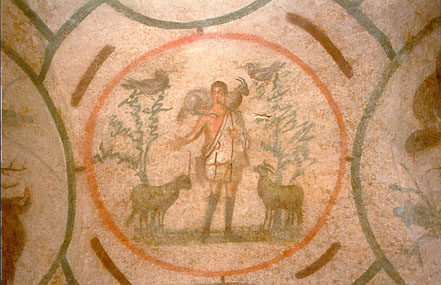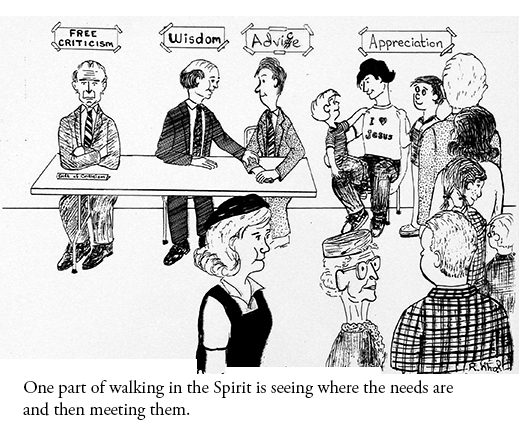And I heard the angel of the waters saying: “You are righteous, O Lord, The One who is and who was and who is to be, Because You have judged these things.”
Revelation 16:5
Because God is omnipresent, He is everywhere at once. Because not only did He invent time, He owns the patent to the time-space continuum. Just as God made atoms and energy, He also created time. Time didn’t exist before creation, because there were no reference points or mile stones. At the final judgment, time will be no more, but God and his people will continue forever.
Revelation, the last book in the Bible, is a book of prophecy. It speaks of things yet to come, but it uses the past and present tenses to describe them. In the soon to come future, the “angel of the waters” will pour out his bowl of wrath on planet Earth and then he’ll report to Christ that His orders are carried out. He’ll say “You are righteous, O Lord, The One who is and who was and who is to be” (Revelation 16:5).
Since Christ by nature controls past, present, and future, He can now allow evil men to persecute His church, because their coming judgment is just as sure as it was when it was written down long ago. In the same way, those who are persecuted will be greatly blessed, because that was his plan all along.
When time is irrelevant, the first century Christians will not spend more time in heaven than believers today. The opposite is also true; those who actually crucified the Savior will not spend longer in hell than the twenty-first century Christ-rejecters. Infinity plus 2000 years equals infinity minus 2000 years (∞ + 2000 = ∞ – 2000). This makes sense not only to a mathematician, but to the One who is and who was and who is to be.
April 19









